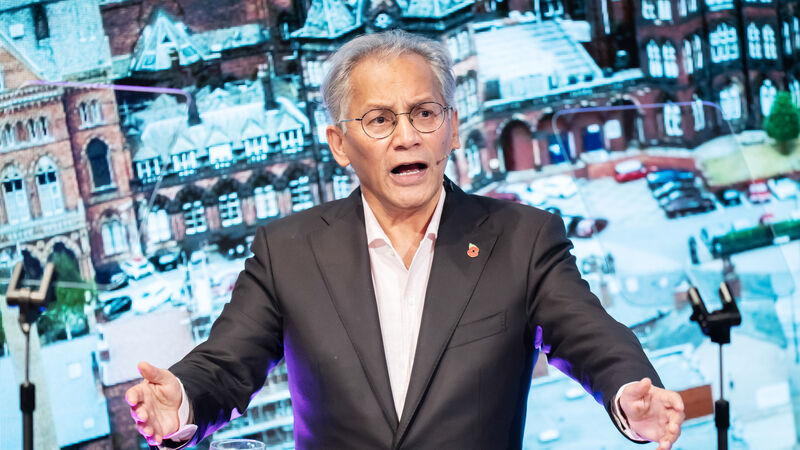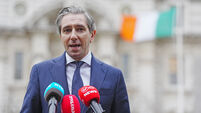BBC chairman expected to apologise for Trump speech edit after Tim Davie resignation

BBC chairman Samir Shah is expected to apologise for the editing of a Donald Trump interview for Panorama. Picture: Danny Lawson/PA
BBC chairman Samir Shah is expected to apologise for the way a speech by Donald Trump was edited for Panorama after several days of pressure on the broadcaster prompted the resignation of director-general Tim Davie.
The chief executive of BBC News, Deborah Turness, also announced her resignation on Sunday after the corporation was accused of misleading the public following claims that the speech had been selectively edited in the documentary,













